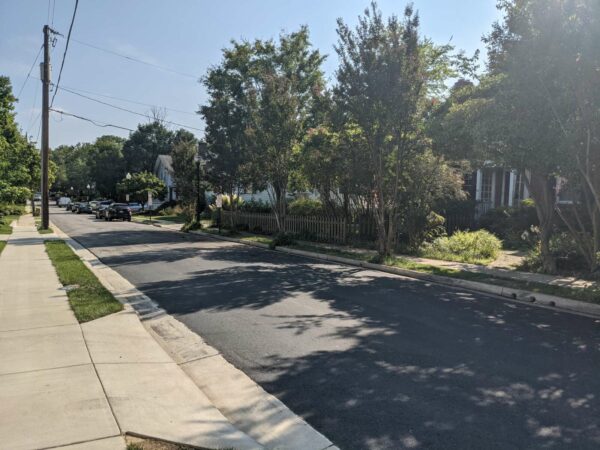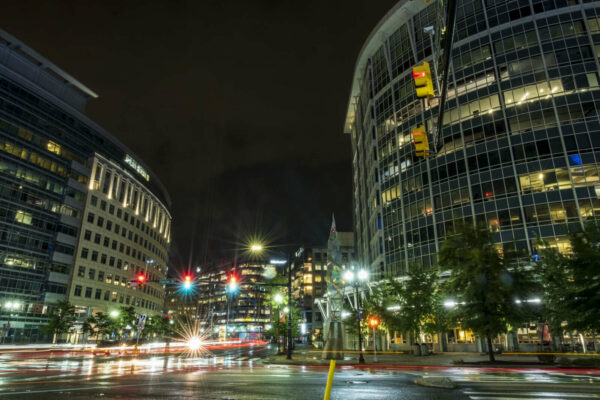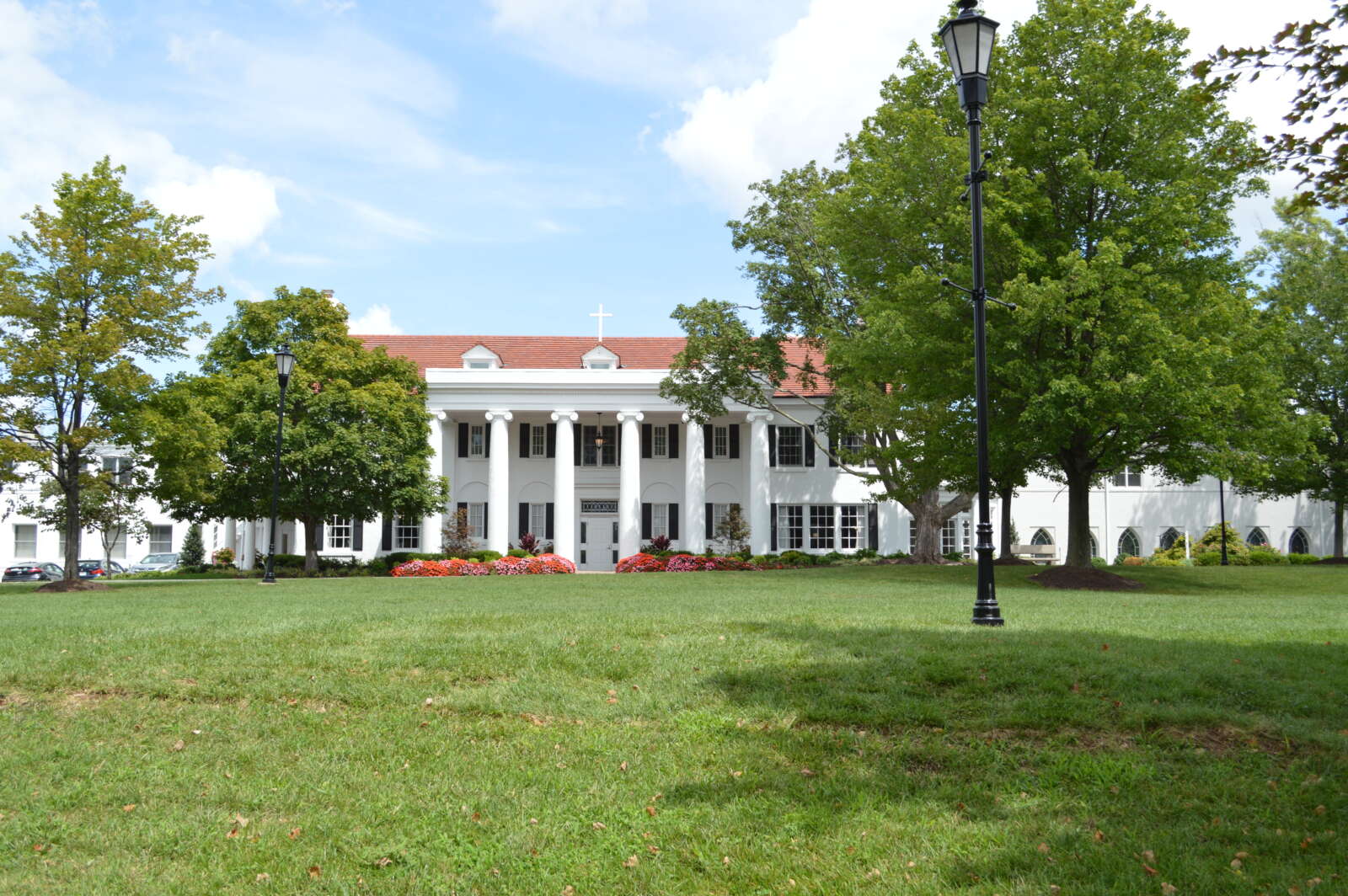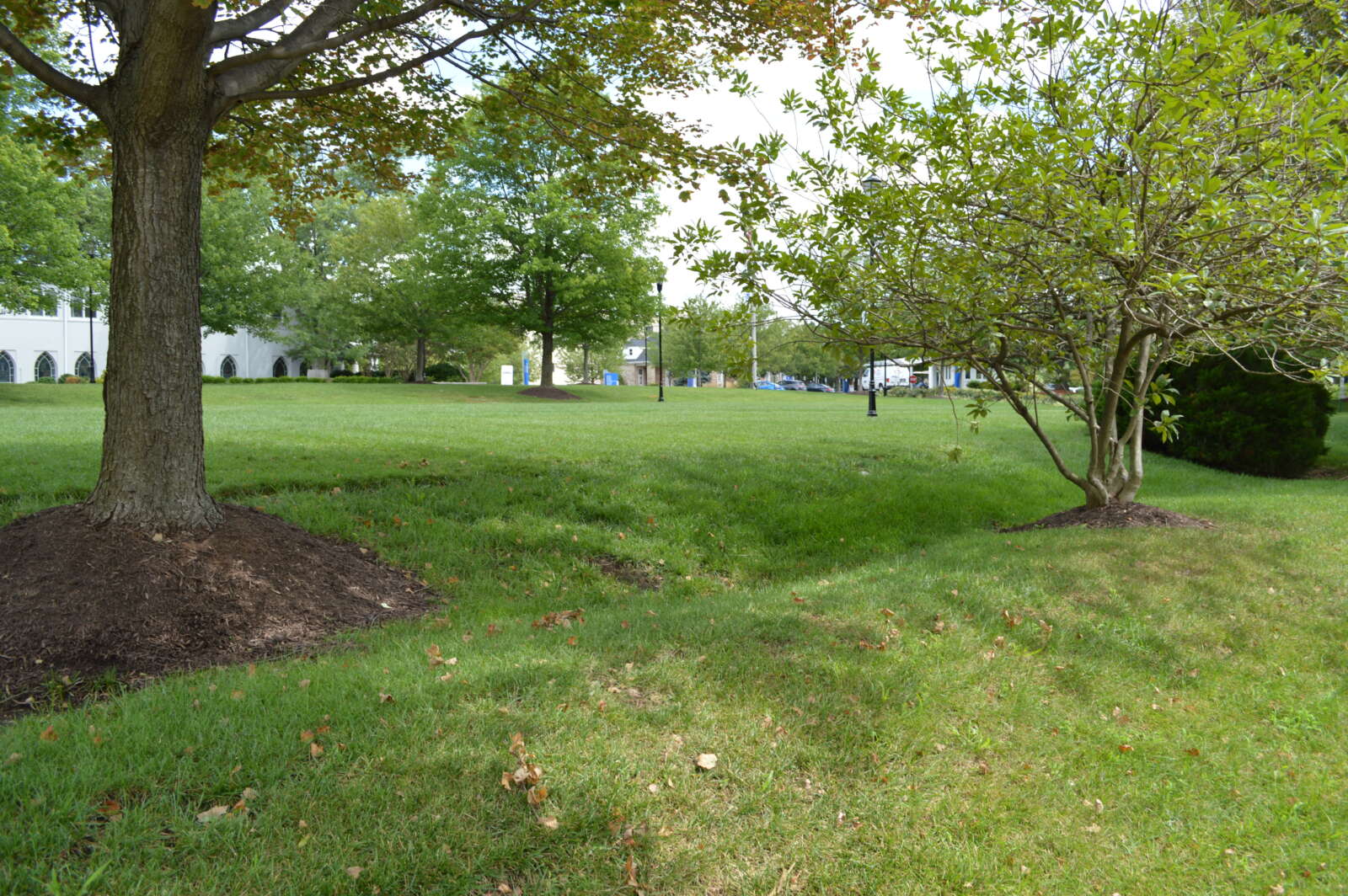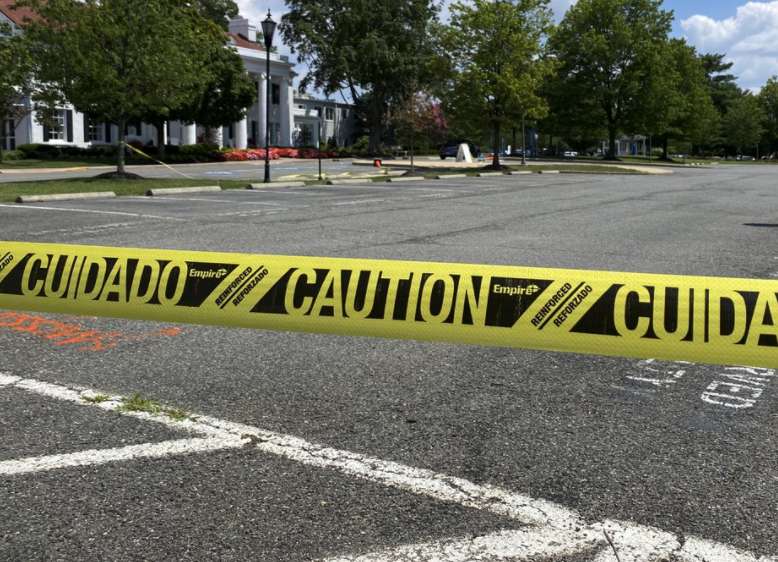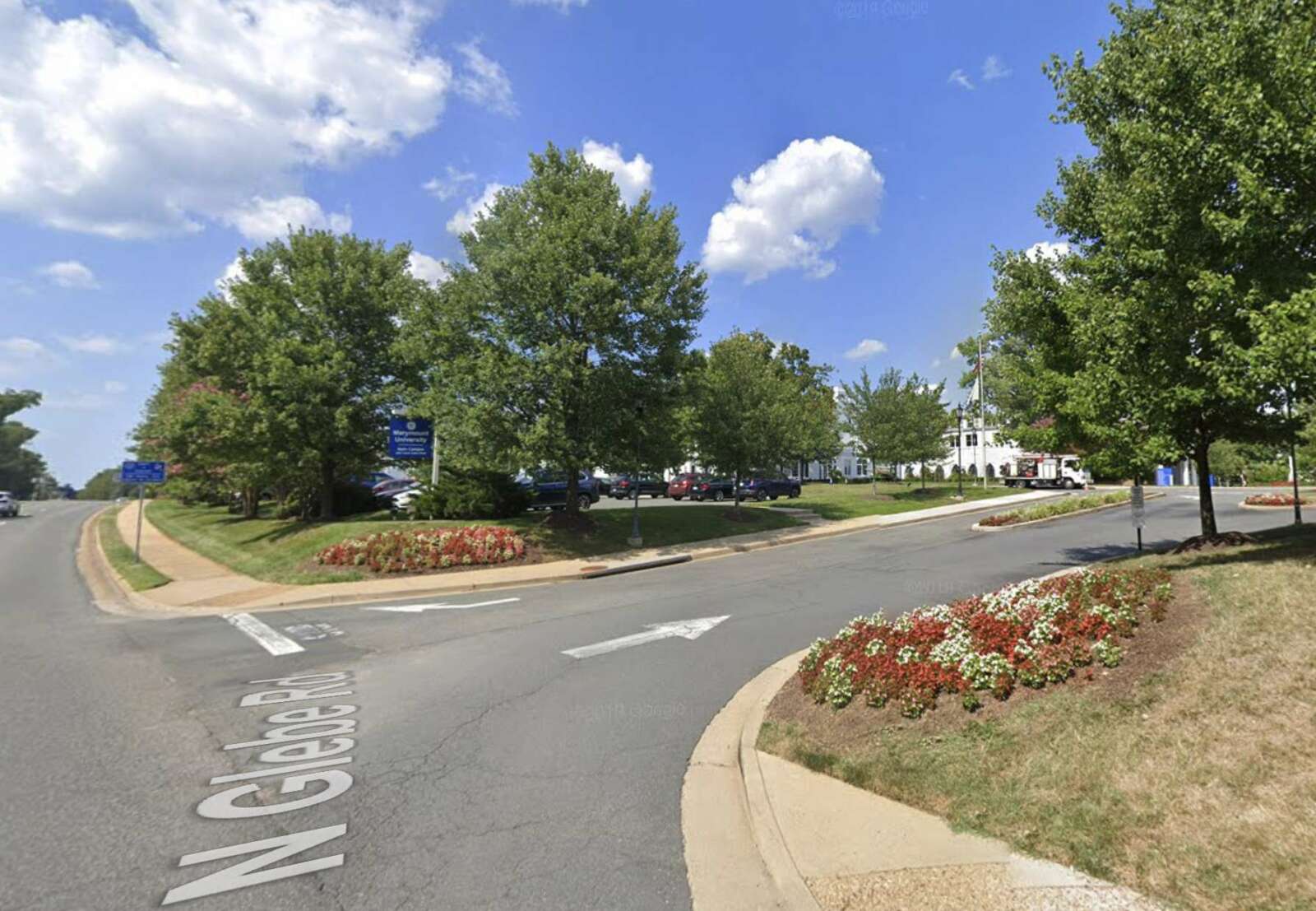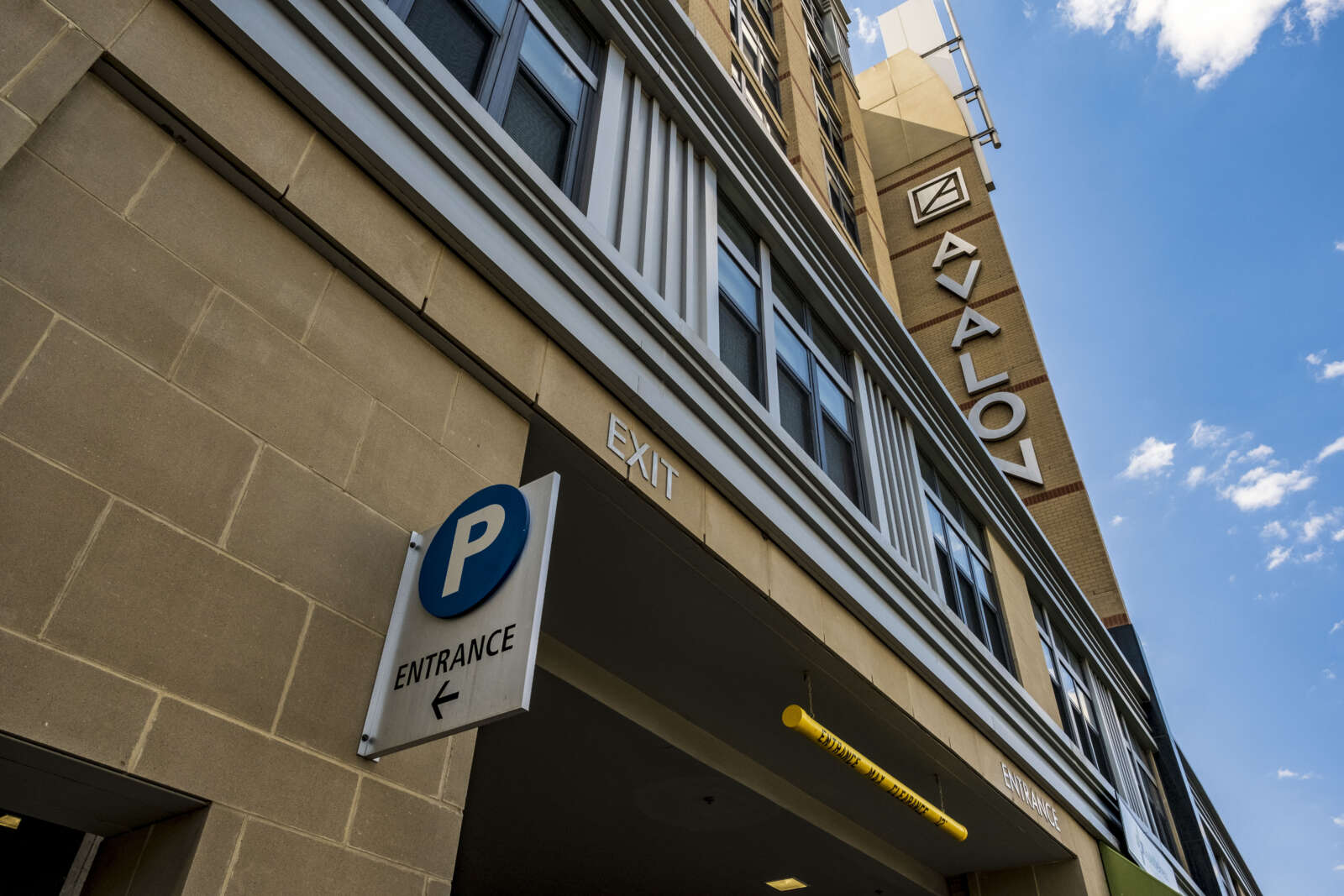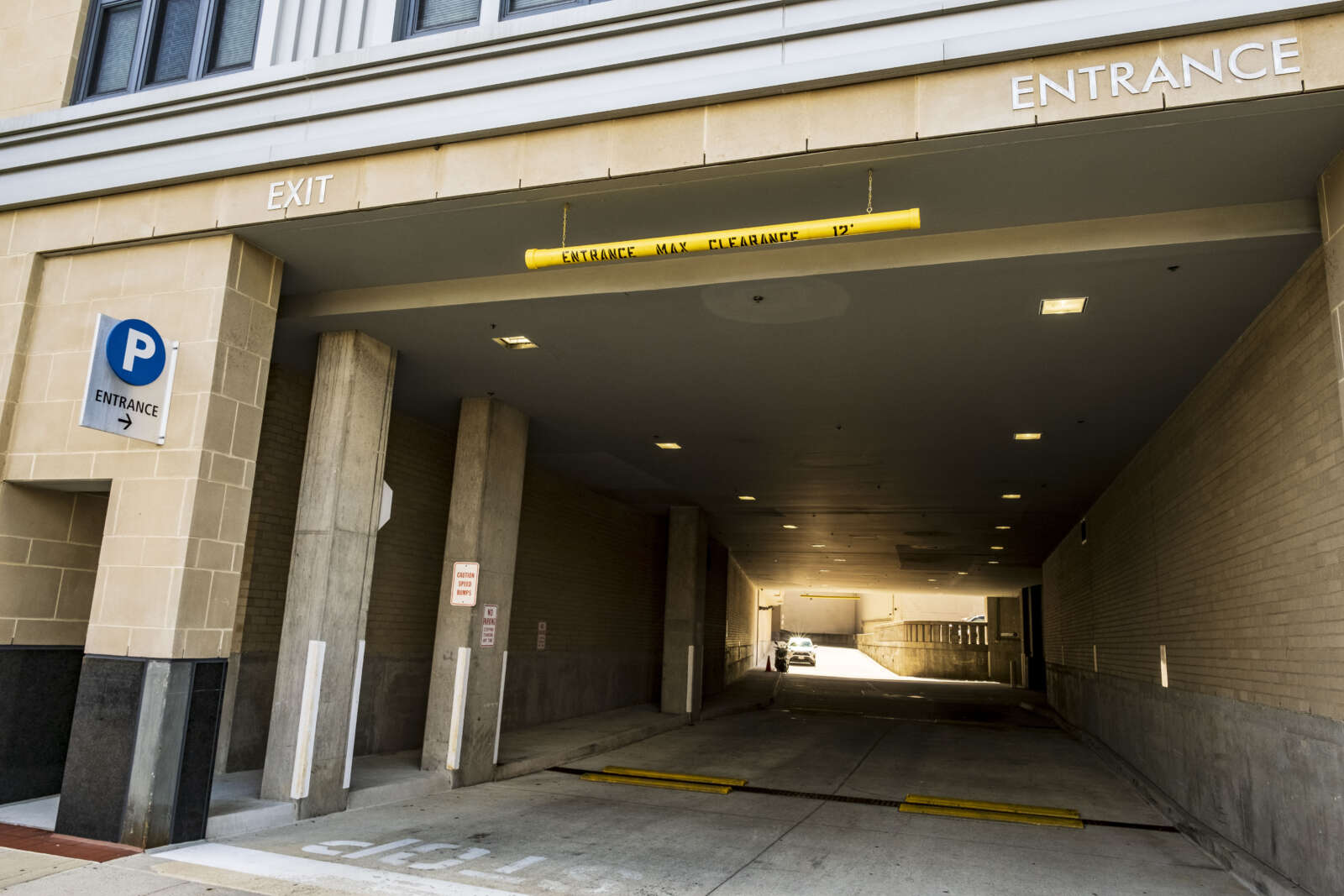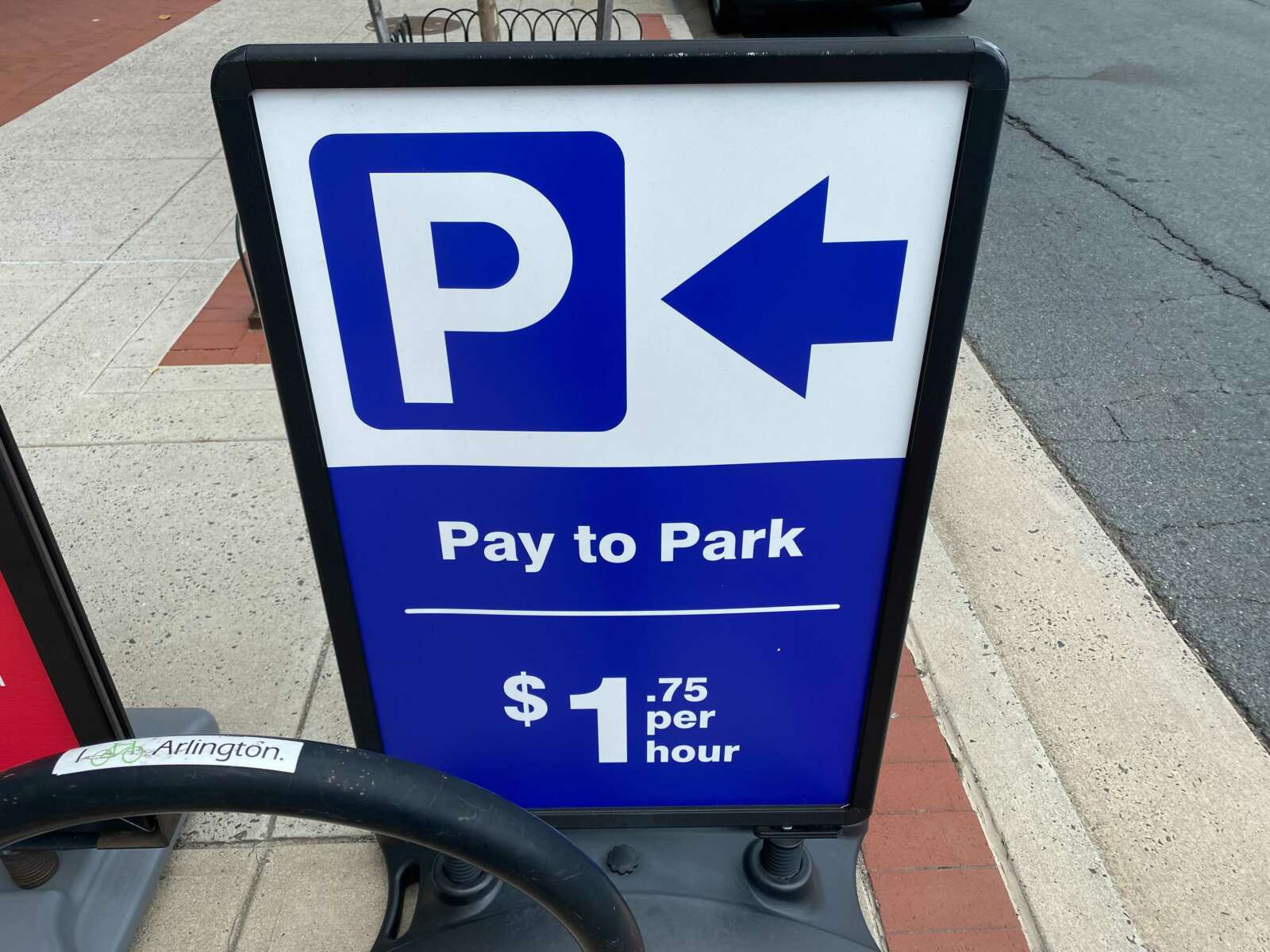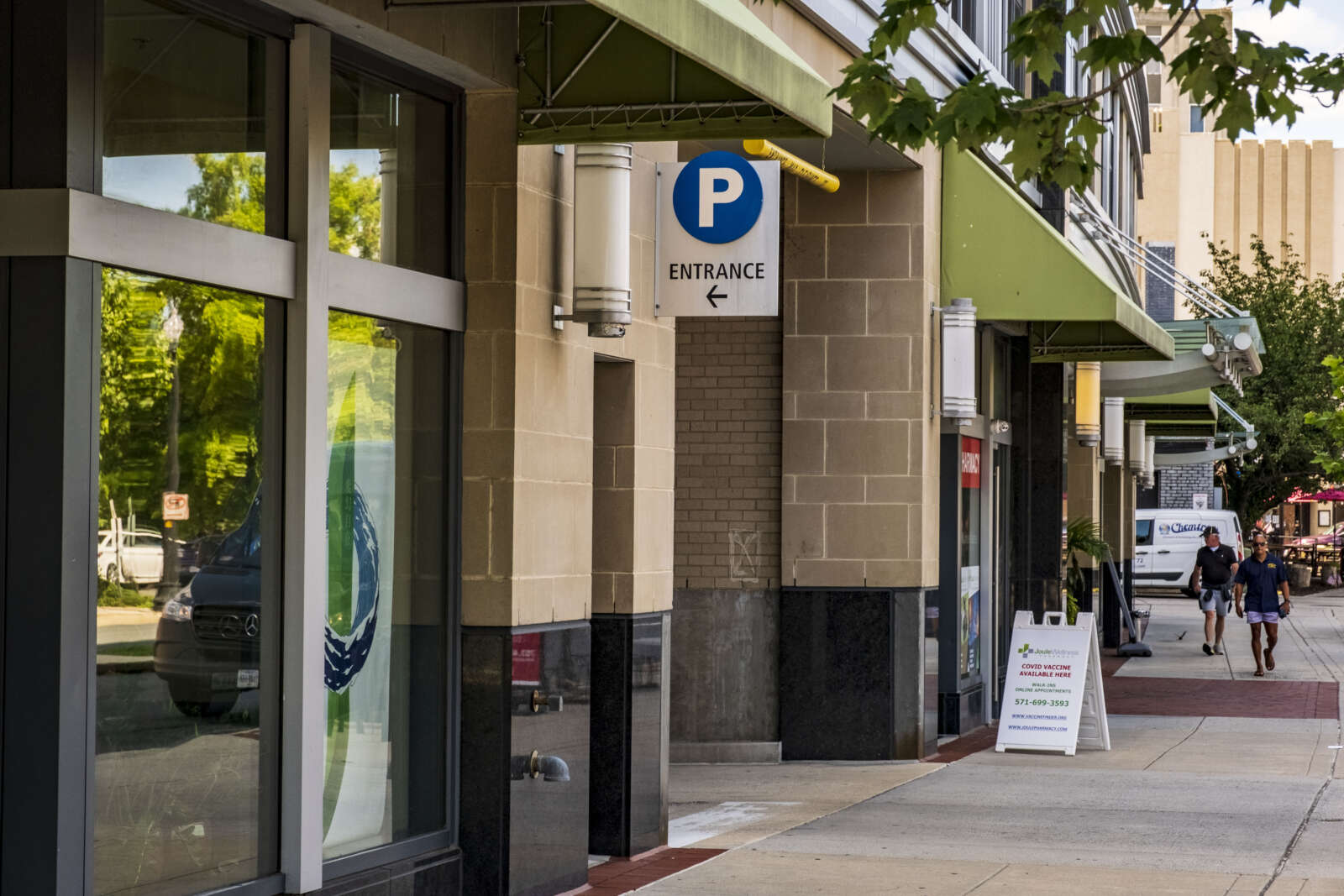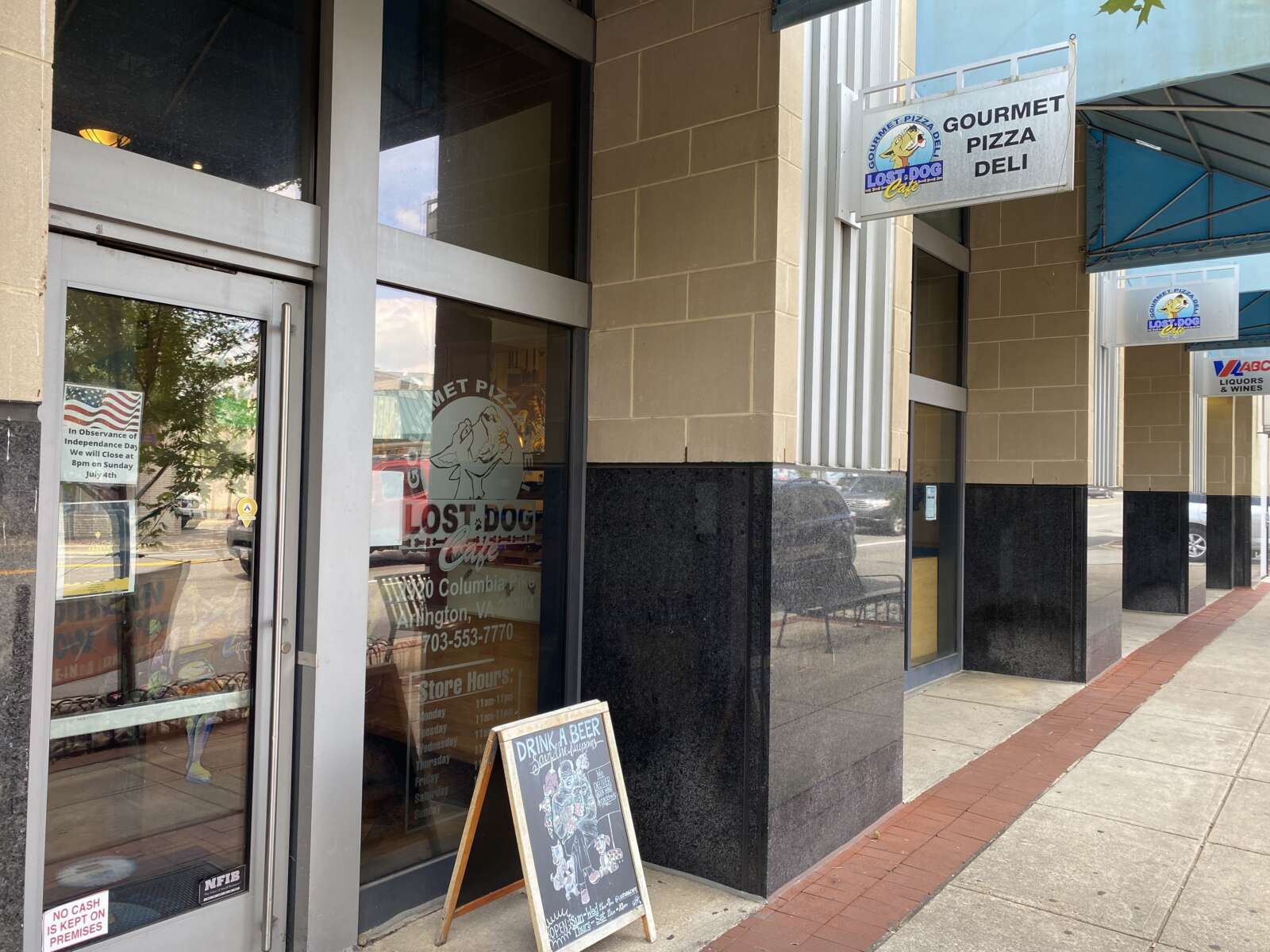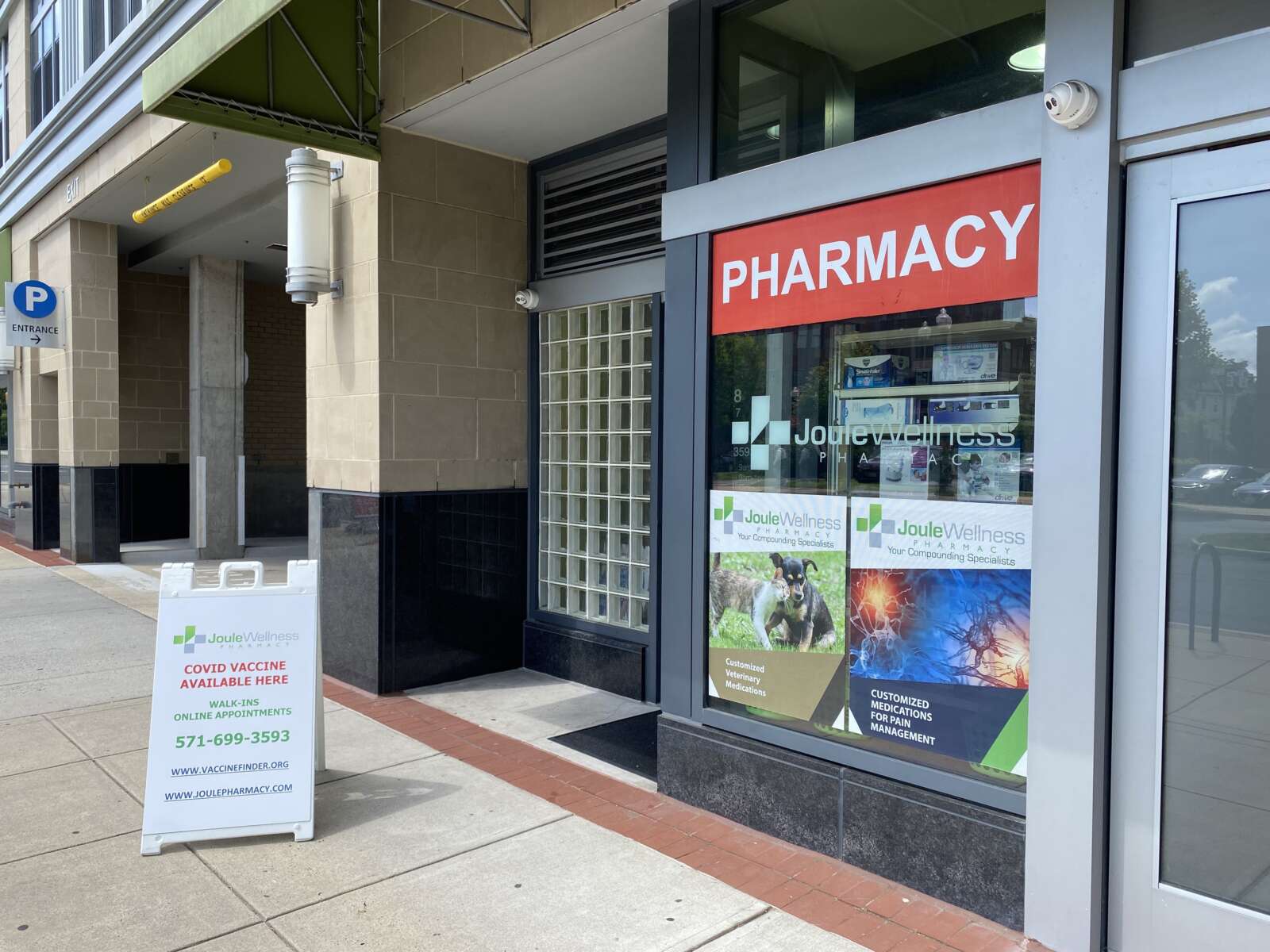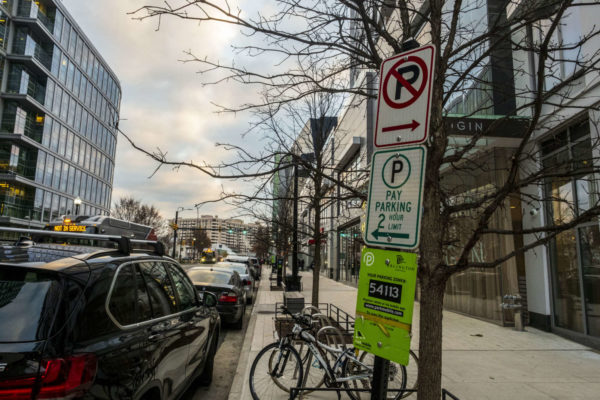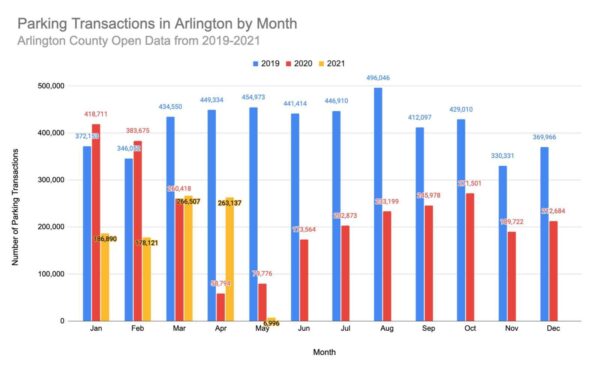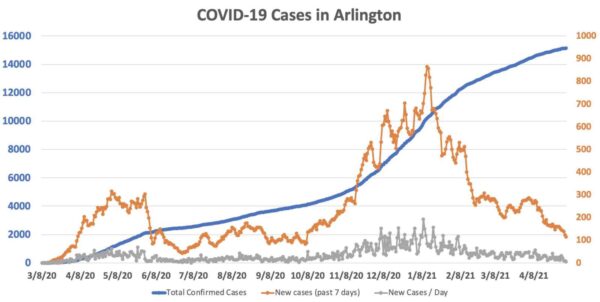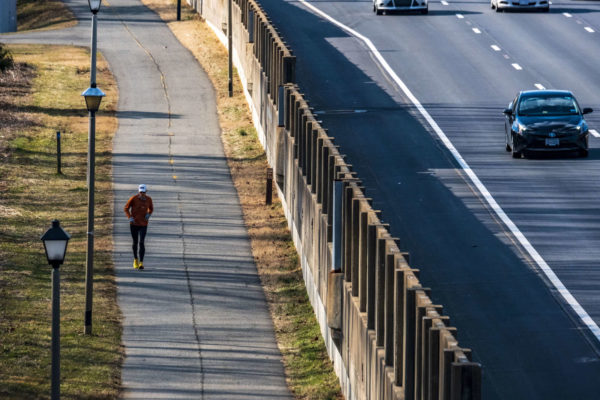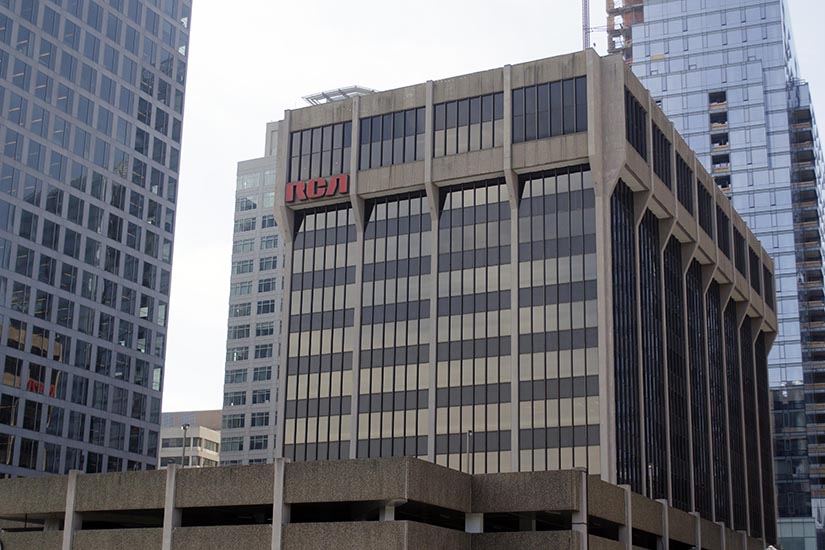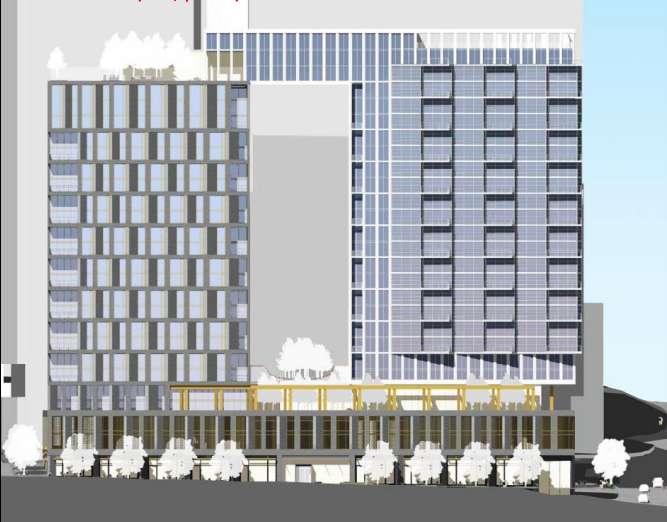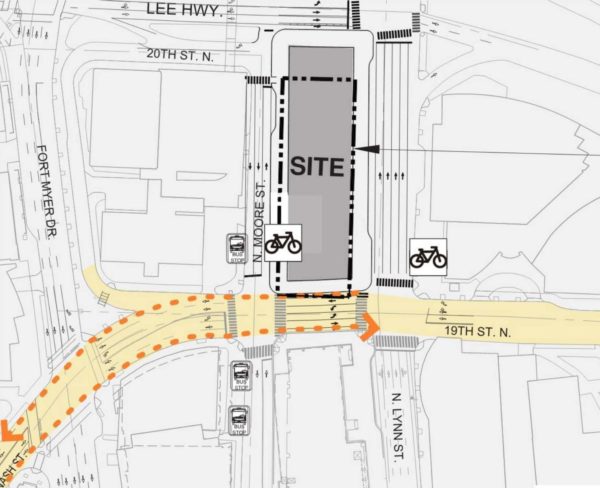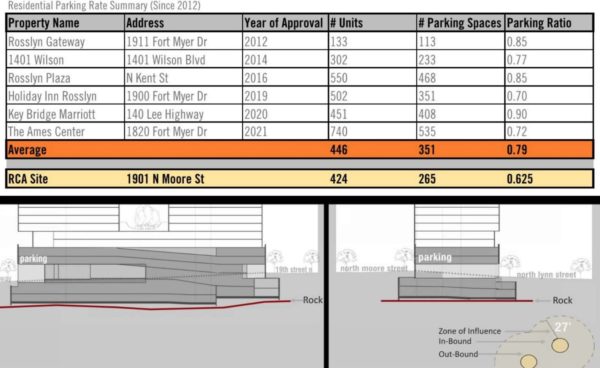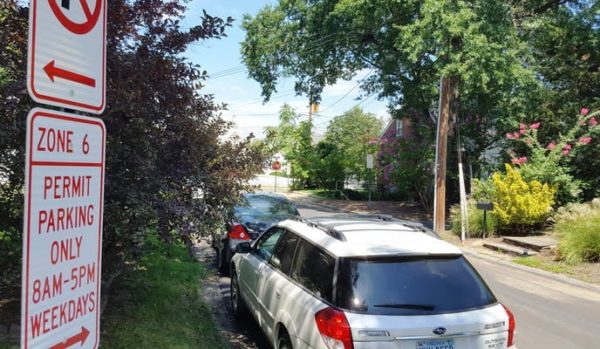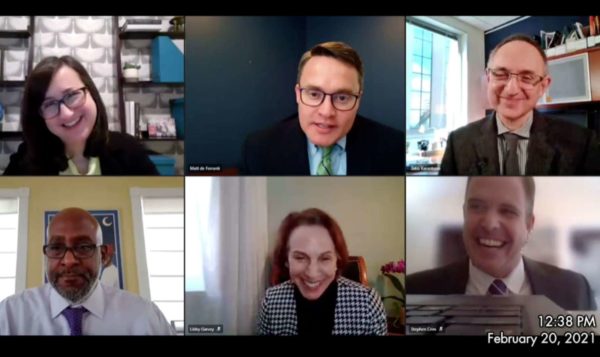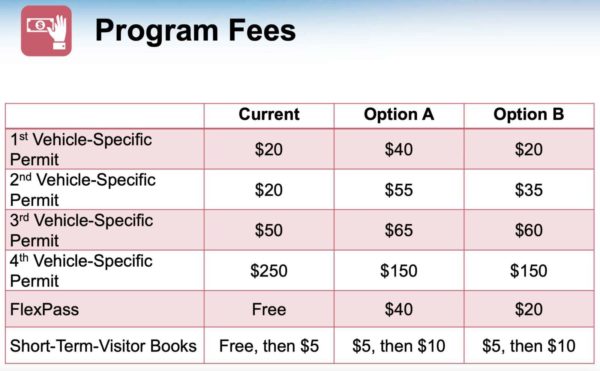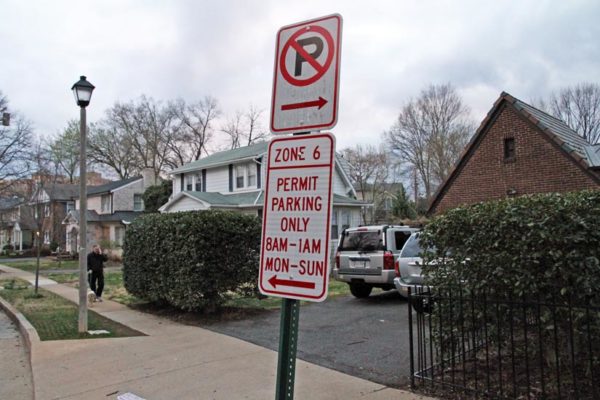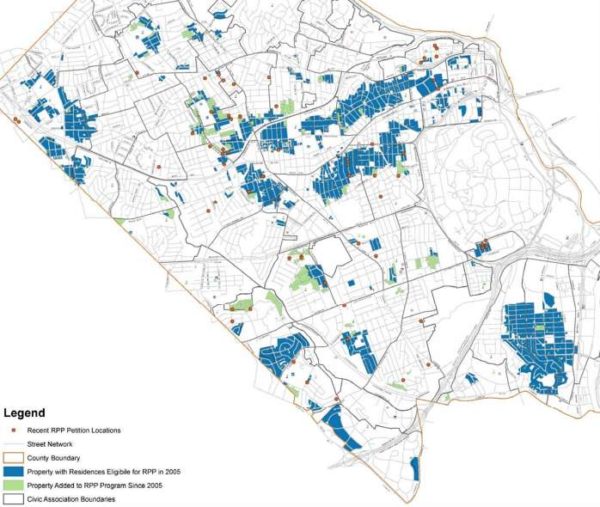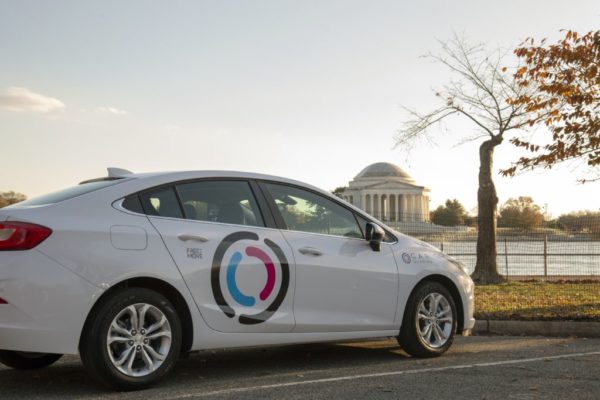
One minute after midnight this morning, car-sharing company Free2Move ended its services in Arlington over issues with parking in the county.
It marks a short-lived run in Arlington for the European company, which launched its services in July 2019 after expanding into D.C. in October 2018.
Free2Move, which offers free residential and metered parking to members, says its attempts to renew this parking arrangement were unsuccessful. As a result, users can no longer start or end their trip in Arlington, although they can drive through the county.
“Over the past few months we have been working with the City of Arlington to renew our permits to operate in Arlington,” the company told members in an email, mistaking the county for a city. “Unfortunately, we have not been able to renew the permit and we were notified today by the City of Arlington to cease our operations in the area.”
The service said it’s not pleased with the result of the negotiations.
“We understand for many of you this will come as difficult news and it’s not one Free2Move is happy about,” the email said. “We have enjoyed being part of the community and supporting our members with their transportation needs.”
The county department that’s responsible for car-sharing programs has a different account.
“Carsharing provider Free2Move notified the County on Sept. 17 that the company would be unable to commit to obtaining the required insurance to operate within Arlington County this year,” a Department of Environmental Services spokesman said. “Although Transportation staff worked with Free2Move representatives during the last several months to help them meet the requirements for their permit, the company instead decided to no longer provide services in Arlington.”
A number of users reached out to ARLnow to share the word of the service ending. Darsh Suresh, a three-year resident of the Rosslyn area, said he’s saddened by the news, as he relied on these cars for short trips he can’t make by transit.
“I usually take Metro or the Bus to commute or get around, but having Free2Move has made it easier for trips to other areas, such as driving to visit family in Loudoun County,” he said. “It’s one of the primary reasons I haven’t gotten my own car. I’m very disappointed at this surprise announcement, and hope that the county government and Free2Move can come to an agreement to keep service operational in Arlington.”
The news got some traction on Twitter from transit advocates, including Aaron Landry, who oversaw the brief operations of German car-share company Car2Go in Arlington.
I worked w/Arlington County on the free-floating carshare permits and am proud car2go was the first company to use them. Arlington County became one of the best partners in North America and did carshare permitting right. I strongly doubt Free2Move is telling the full story here. https://t.co/1z5WHl8kMs
— Aaron Landry (@s4xton) September 29, 2021
The full email from Free2Move is below.
To our community,
As you are aware, as part of our Car Sharing service Free2Move offers all members both residential parking and metered parking at no cost to you. Over the past few months we have been working with the City of Arlington to renew our permits to operate in Arlington. Unfortunately, we have not been able to renew the permit and we were notified today by the City of Arlington to cease our operations in the area.
What does this mean for our members? Starting at 12:01am on September 30th you will no longer see vehicles listed on our app in Arlington for rent. Trips can continue to be started in DC and drive through Arlington but you will no longer be able to end your trip in Arlington.
Additionally it will be the members responsibility to adhere to all parking regulations and costs in Arlington. We understand for many of you this will come as difficult news and it’s not one Free2Move is happy about. We have enjoyed being part of the community and supporting our members with their transportation needs.
If you have any questions please reach out to our customer support team.
Thank you,
Free2Move


